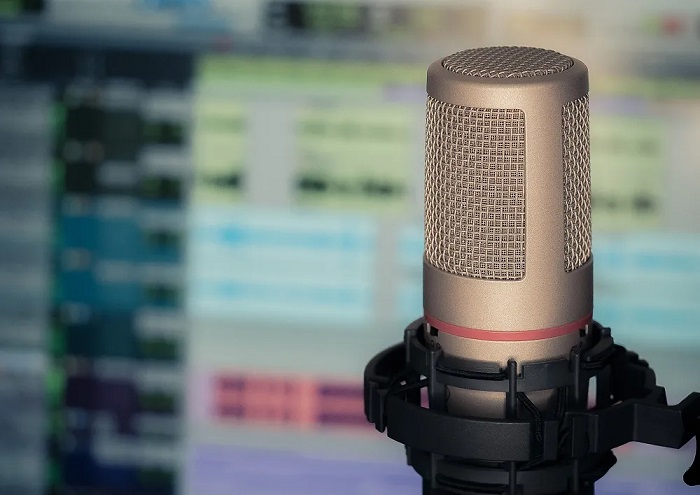Podcasting has become an increasingly popular form of media, with millions of people tuning in each day to listen to their favorite shows. To produce a high-quality podcast, it’s important to have the right equipment and sound quality. This is where renting a professional podcast studio comes in. In this article, we’ll explore the benefits of renting a professional podcast studio and why it’s worth the investment.
High-Quality Equipment
One of the biggest benefits of renting a professional podcast studio is access to high-quality equipment. The latest and greatest podcasting equipment can be expensive to purchase, but when you rent a studio, it’s included in the cost. This gives you the opportunity to experiment with different microphones, audio interfaces, and other gear to find the perfect setup for your podcast.
Professional Sound Quality
Another benefit of renting a professional podcast studio is the professional sound quality you’ll get. The acoustics of the studio, combined with the equipment and expertise of the technicians, will ensure that your podcast sounds crisp, clear, and professional. Whether you’re recording an interview or simply speaking into the microphone, you’ll be amazed at the difference in sound quality compared to recording in a home studio or other makeshift setup.
Improved Production Value
When you rent a professional podcast studio, you’re not only investing in the sound quality of your podcast, but also in the overall production value. A professional studio setup allows you to add sound effects, music, and other elements to your podcast, giving it a polished and professional feel. This can help attract more listeners and make your podcast stand out from the competition.
Access to Experienced Technicians
Finally, when you rent a professional podcast studio, you’ll have access to experienced technicians. These technicians can help you set up your equipment, troubleshoot any issues, and provide guidance on how to get the best sound quality possible. Having access to experienced technicians can save you time and frustration, and allow you to focus on what you do best – creating your podcast.
Renting vs Building Your Own Studio
When it comes to producing a high-quality podcast, you have two options – rent a professional podcast studio or build your own. While building your own studio can provide you with complete control and flexibility, it can also be expensive and time-consuming. On the other hand, renting a professional podcast studio is a cost-effective solution that gives you access to the same high-quality equipment and sound quality without the upfront costs and ongoing maintenance expenses.
Saving Money on Equipment Costs
In addition to the upfront costs of building your own studio, there are ongoing expenses such as maintenance, repairs, and upgrades. When you rent a professional podcast studio, you won’t have to worry about these expenses, as they’re included in the cost of the rental. This can save you hundreds or even thousands of dollars over time.



